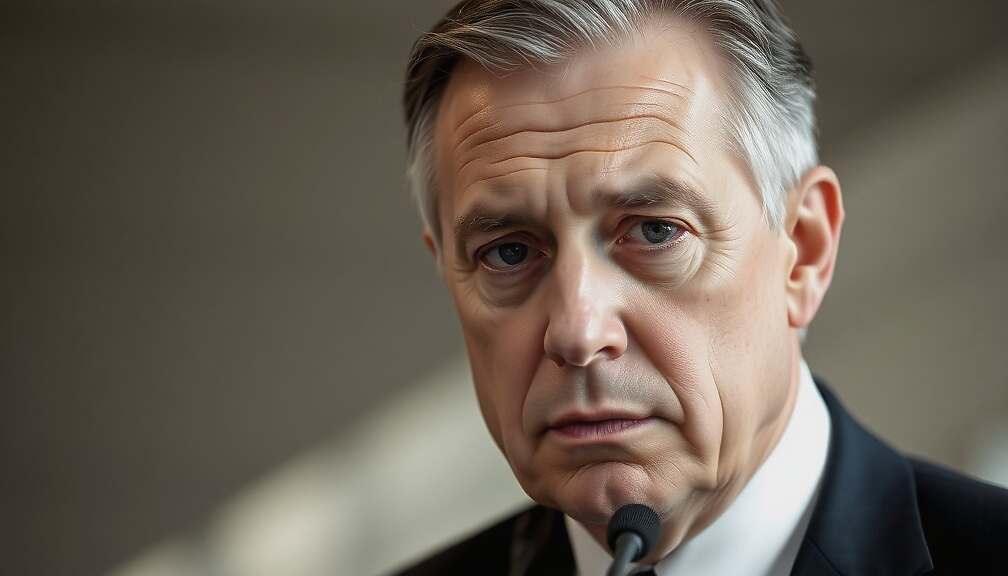Analysts are observing a potential shift in European migration policy, with nations advocating for stricter measures likely to gain greater influence. This development is underscored by recent discussions among German officials, including Federal Interior Minister Alexander Dobrindt, who convened a meeting on the Zugspitze mountain to coordinate strategies.
According to legal expert Daniel Thym, the meeting signals a move by the German government to align with a more restrictive stance within the European Union. He suggests that, with German support, proponents of firmer migration controls now hold a prevailing position within the EU’s ministerial bodies.
A key focus of this evolving strategy is intensified cooperation with countries outside the EU. This collaborative approach is intended to curtail migration flows proactively, rather than relying on contentious debates within Europe regarding returns and other related issues.
The strengthening of border controls, including the potential for rejecting asylum seekers, as instructed by Minister Dobrindt, is anticipated by Thym to be a temporary measure due to legal considerations.
Thym emphasizes that sustainable limitations on asylum migration can only be achieved through a unified European approach. He suggests that the recent initiatives, coupled with national measures such as the suspension of family reunification for individuals with subsidiary protection status, could provide Minister Dobrindt with the political foundation for gradually phasing out border controls and ultimately bringing them to an end.












